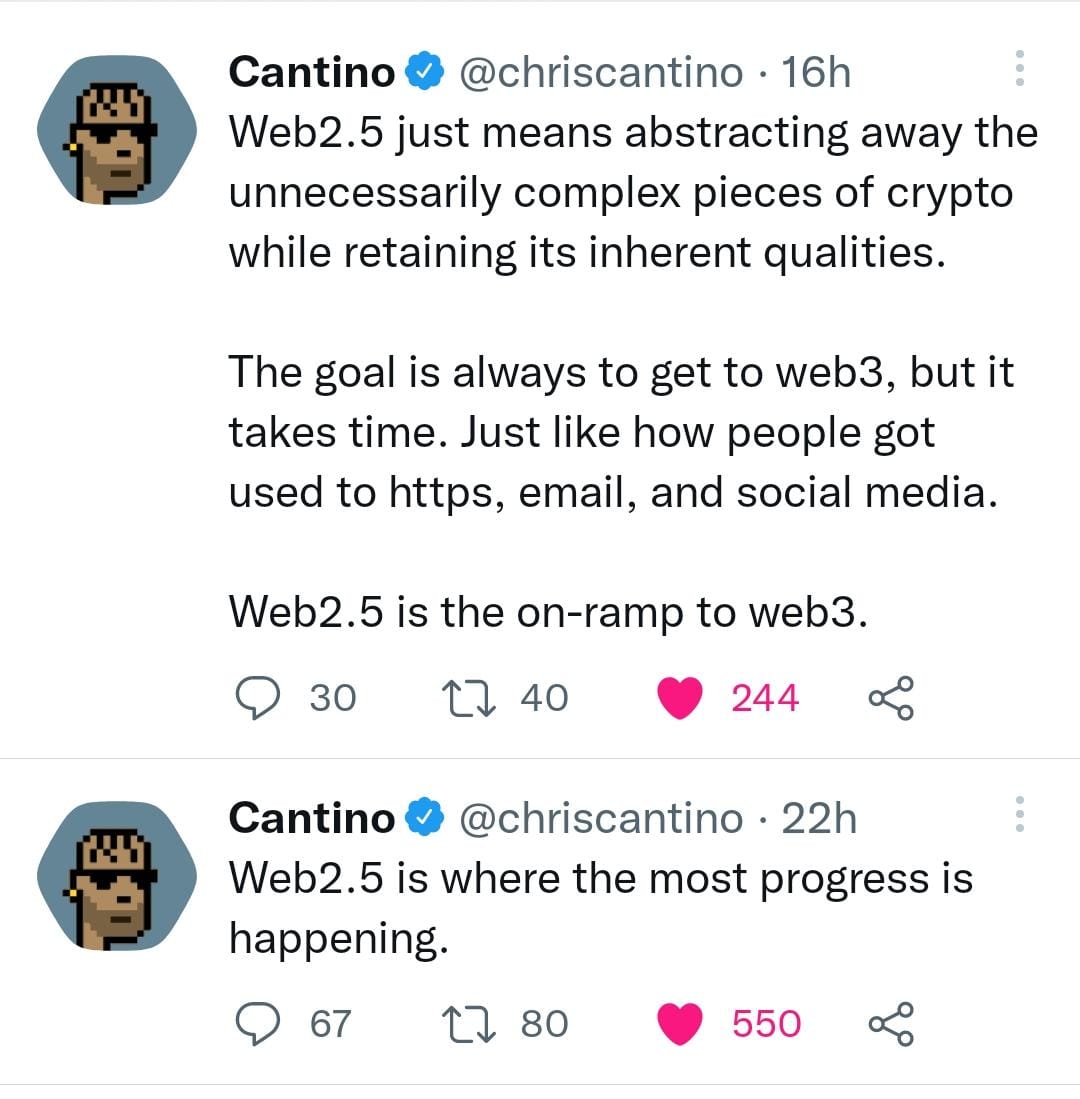“Not your keys, not your coins” has long been the refrain of many in the Web3 community, more so in the wake of the FTX fall.
While applying to coins, the concept can be taken much further than the crypto exchange.
“While the exchange capabilities are interesting, that is not the fundamental basis of this technology,” said Archie Ravishankar, founder and CEO of Cogni.
“It’s about these technologies, how they can ease your life, and how they can provide an opportunity to do things that you would normally not be able to do with the traditional banking ecosystem or any Web 2 platforms.”
He explained that these capabilities could revolutionize ownership, spanning far beyond asset arbitrage to the autonomous control of identity and data.
Moving away from arbitrage of cryptocurrencies
Much of the mainstream focus on Web3 has been on the gains and losses of crypto trading. Ravishankar believes this may have clouded the financial industry’s understanding of how the technology can be used.
He explained that this confusion could be a barrier to the mainstream adoption and development of useful, revolutionary products.
“I think that education should start from the benefits of pros and cons of what a wallet can do. They should be aware of the benefits of custodial versus non-custodial.”
“The people building on this technology need to focus on the core use case for this technology rather than the number of tokens.” He explained that, in many cases, products had had this focus. “People keep launching Web3 products to sell tokens. They don’t concentrate on whether that token has any value or if they can potentially solve any use cases with the technology.”
For Ravishankar, while a balance must be found to avoid restricting innovation, regulation may be vital in realigning objectives.
“Regulation can provide a much stronger framework for innovating for the right innovation for the consumers,” he said.
The path to Web3
Web3, to the purists, constitutes pure decentralization. An online society run by the people for the people, with code executing processes without the need for trust or a third party. However, many have accepted that to reach this ideal, there is a process currently underway, opting to refer to this current stage of web development as Web2.5.

Non-custodial wallet providers are a product of this development into Web2.5. The non-custodial wallet is built on the premise of decentralization. Users retain complete ownership of access codes to a cold-storage wallet set up by the provider. Therefore, all assets and data kept within the wallet are only accessible to the owner.
Mobile banking app, Cogni, has now launched its non-custodial multi-chain wallet, adding to its customer-centric “lifestyle” banking solutions. Ravishankar believes the Web3 ideal provides a significant opportunity for the banking industry.
“The average consumer struggles to adopt Web3 services due to poor integration within existing platforms and overly complex user experiences,” said Ravishankar. “This Multi-Chain Wallet proves that Web3 services can reinvigorate traditional banking products and place more financial control in a consumer’s hands than ever before.”
For Ravishankar, obtaining a wallet of this type from a regulated source could provide customers with the reassurance needed in the aftermath of 2022.
RELATED:
- Is decentralization just a pipe dream?
- Experts predict cryptocurrency in 2023 will come with regulation, DeFi, and rebuilding
- Soulbound Tokens: A new frontier for decentralization